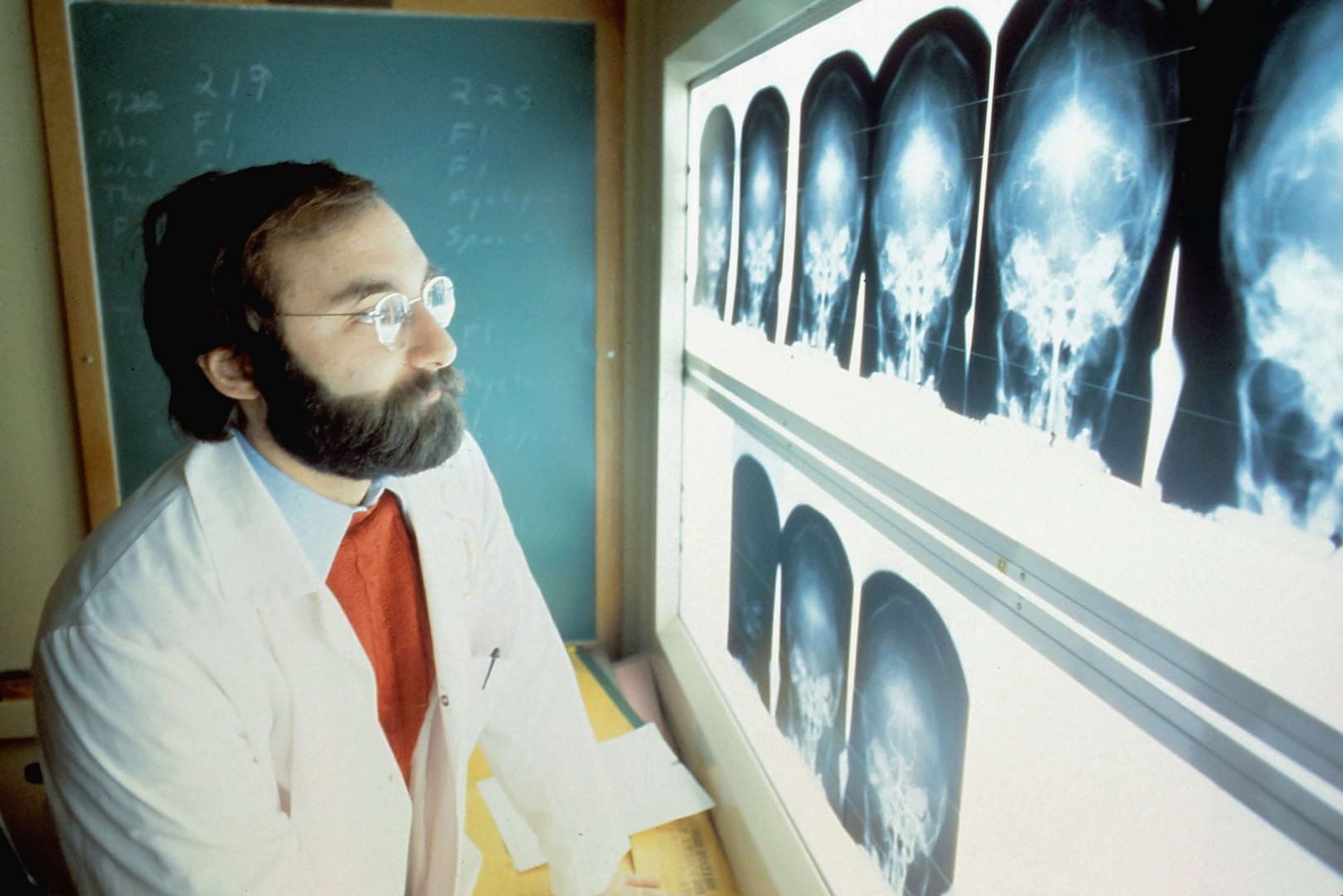Colon cancer, also known as bowel or colorectal cancer, is a serious health threat. It’s one of the most common types of cancer in the UK, and tragically, it’s sometimes misdiagnosed. A misdiagnosis can have severe consequences, delaying treatment and potentially reducing chances of survival.
Let’s delve into this vital topic, understanding the risks, causes, consequences, and what you can do if you suspect a misdiagnosis. We will also highlight how you can start a medical negligence claim.
Colon Cancer Misdiagnosis: Risks and Actions
Colon cancer, also known as bowel or colorectal cancer, is a major health threat in the UK, often misdiagnosed with severe consequences. Delayed treatment from misdiagnosis can reduce survival chances. Understanding risks, causes, consequences, and steps for a medical negligence claim is crucial.
Why Misdiagnosis Occurs
Colon cancer misdiagnosis happens due to:
- Similar Symptoms: Overlaps with irritable bowel syndrome (IBS), hemorrhoids, inflammatory bowel disease (IBD), or diverticulitis—conditions like Crohn’s disease or ulcerative colitis mimic symptoms such as abdominal pain, diarrhea, and bleeding.
- Age Factor: Younger patients are often overlooked as colon cancer risk increases with age.
- Incomplete Testing: Missing or misinterpreting screening tests can lead to errors.
- Human Error: Fatigue or oversight by doctors can result in missed diagnoses.
Key Symptoms to Recognise
Watch for persistent changes in bowel habits (diarrhea, constipation, incomplete emptying), blood in stool (bright red, dark, or black—not always hemorrhoids), abdominal pain (cramps, gas, discomfort), unexplained weight loss, and constant tiredness despite rest. These don’t confirm cancer but warrant a doctor’s visit to rule out issues.
Common Misdiagnoses
1. Diverticulitis: Inflamed colon pouches lead to pain and bowel irregularity, resembling cancer.
2. Irritable Bowel Syndrome (IBS): Shares cramps and bowel changes but isn’t life-threatening.
3. Hemorrhoids: Bleeding and discomfort can mask cancer.
4.Inflammatory Bowel Disease (IBD): Crohn’s disease and ulcerative colitis cause similar pain, diarrhea, and bleeding.
What are the Consequences of a Misdiagnosis?
The severity of a colon cancer misdiagnosis depends on how long treatment is delayed. Here’s what can happen:
- Cancer Progression: The earlier colon cancer is caught, the better the chances of a full recovery. A misdiagnosis allows the cancer to grow and potentially spread, decreasing survival odds.
- More Extensive Treatment: A delayed diagnosis might mean needing more aggressive treatment like chemotherapy or complex surgery, with additional risks and side effects.
- Psychological Distress: Being misdiagnosed can cause immense stress and anxiety. You might even lose trust in the medical system.
How Can I Get a Second Opinion?
If you feel something isn’t right with your initial diagnosis, don’t hesitate to advocate for yourself. Here’s how to seek further advice: You can request another doctor’s opinion, particularly a gastroenterologist specialising in digestive diseases, or an oncologist, a cancer specialist. If your doctor dismisses your concerns, politely but firmly express your desire for additional testing like a colonoscopy or CT scan to provide a clearer picture.
In the meantime, gather your medical records, including previous test results, diagnoses, and notes from doctor’s appointments. Having all this information in one place will be helpful for any new doctors you consult. Remember, you have the right to feel heard and understood. Don’t leave your appointment until you feel confident that all your concerns have been addressed.
Making a Medical Negligence Claim with National Claims
At National Claims, we understand that medical negligence can have devastating consequences. When you trust a healthcare professional with your health, you expect the highest standard of care, and a misdiagnosis or substandard treatment can be a major breach of that trust. If you’ve suffered due to suspected medical negligence, our team is here to help you navigate the claims process and fight for the compensation you deserve.
No Win, No Fee
National Claims believes that access to justice shouldn’t be limited by financial concerns. That’s why we operate on a “No Win, No Fee” basis*. This means you won’t face upfront legal fees, allowing you to pursue your case without additional financial strain.
*Customers pay up to 25% (incl. VAT) of the amount recovered towards solicitor costs and if you cancel outside your cooling off period, you may be charged a fee.
Conclusion
Colon cancer misdiagnosis is a serious issue, but it doesn’t mean you’re powerless. Be aware of the symptoms, be your own health advocate, and don’t hesitate to speak up if you’re worried. Trust your instincts—if something feels off, get a second opinion or further testing. Early detection is truly key when it comes to colon cancer survival.
Contact us today to speak to one of our claims agents who will be able to help you get started on your claim.
Click below to see why we are one of the most trusted claims management companies in the UK.

We’re proud of our excellent customer reviews
We thrive on delivering exceptional service and ensuring our clients’ satisfaction. Don’t just take our word for it. Check out some of our independent reviews to see what our clients have to say.
Excellent

This firm is excellent, they sorted out my car pay out and injury claim very fast, they always communicate with you all the time.

My accident case was dealt with confidence and with great result of the outcome, especially James kept me informed all the time.

I was very impressed at the way my inquiry was treated. I was listened to attentively and everything I needed to know was explained to me.






